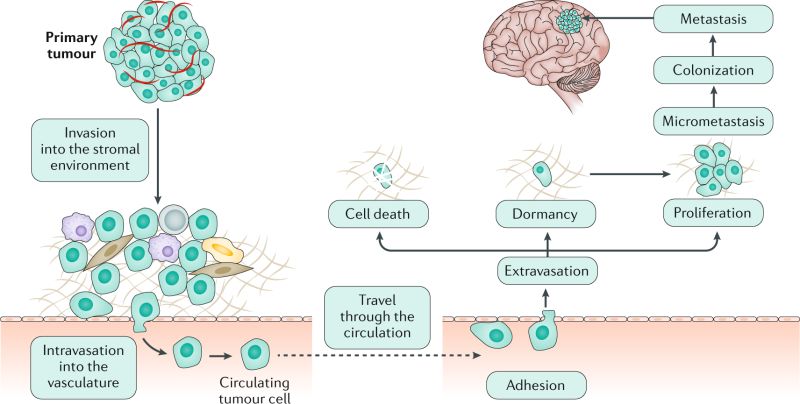
Revolutionizing Brain Metastasis Prediction in Lung Cancer
The Babak Lab shared on LinkedIn:
“Revolutionizing Brain Metastasis Prediction in Lung Cancer: A Game-Changer for Early Detection.
Did you know that brain metastases (BMs) are the most common and deadliest brain tumors, particularly for patients with lung adenocarcinoma (LUAD)?
Over 30% of LUAD patients develop BMs, which significantly shortens survival, with current methods detecting metastasis only after symptoms like headaches appear.
A groundbreaking study has now changed the game by developing a DNA methylation-based model that predicts the likelihood of brain metastasis up to 5 years in advance!
This model uses methylation signatures from LUAD tumors to forecast BM development and even integrates clinical factors like cancer stage to provide personalized BM risk profiles for each patient.
Key Breakthroughs:
- Predictive Power
The model accurately predicts BM risk based on 5,553 differentially methylated CpG sites in LUAD tumors, allowing early intervention for high-risk patients.
- Non-invasive Liquid Biomarkers
By analyzing circulating tumor DNA (ctDNA) from blood samples, the study developed plasma biomarkers that can detect BMs non-invasively. This means doctors can monitor BM development with a simple blood test, rather than relying solely on imaging or surgery.
- Immune Pathways and Metastasis
The study also identified immune-related gene sets that are differentially methylated in LUAD tumors that develop BMs, providing insight into how immune dysfunction plays a role in metastasis.
- Clinical Utility
The new nomogram outperforms current clinical methods like cancer staging in predicting BM risk, empowering healthcare providers to make more informed treatment decisions and consider early interventions such as radiotherapy or aggressive monitoring.
This innovative approach has the potential to transform clinical cancer care—enabling earlier BM detection, reducing neurological symptoms, and significantly improving survival rates in patients at risk.
Read more.”

-
Challenging the Status Quo in Colorectal Cancer 2024
December 6-8, 2024
-
ESMO 2024 Congress
September 13-17, 2024
-
ASCO Annual Meeting
May 30 - June 4, 2024
-
Yvonne Award 2024
May 31, 2024
-
OncoThon 2024, Online
Feb. 15, 2024
-
Global Summit on War & Cancer 2023, Online
Dec. 14-16, 2023
